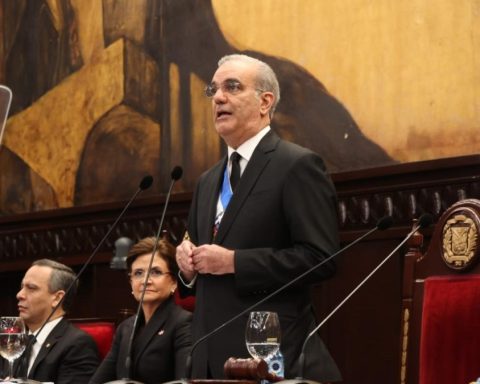The average annual cost of wildfires worldwide is $50 billion, according to a report released today by the World Economic Forum (WEF)coinciding with the beginning of the 53rd edition of the Davos Forum that it organizes.
The organization warns that forest fires pollute the atmosphere each year with six million tons of carbon dioxide, more than double the amount of fossil fuels emitted by the European Union in all of 2020.
So far this century, and in the US alone, wildfires have destroyed an average of seven million acres of land each year (more than two million hectares), double the numbers recorded annually in the decade of the nineties
According to WEF, the wave of fires that took place in the US state of California in 2020 produced an amount of greenhouse gases similar to what had been reduced in the previous 18 years.
Forum experts have called on the international community to use tools such as the artificial intelligence to prevent the spread of fires and anticipate their impact.
The organization recognized that fires are part of the natural cycle of the planet’s ecosystems, but alerted the international community that These catastrophes “are becoming more frequent, affecting larger forest areas and producing greater devastation”.
The authors of the report recalled that improvements in different areas of artificial intelligence, such as autonomous vehicles or language processing, have increased the predictive capacity of computers, a fact that could mean “a new frontier in the fight against fires”.
These advances range from acoustic sensors capable of acting as smoke detectors in forests to small unmanned aircraft that could provide live images to firefighters.


















